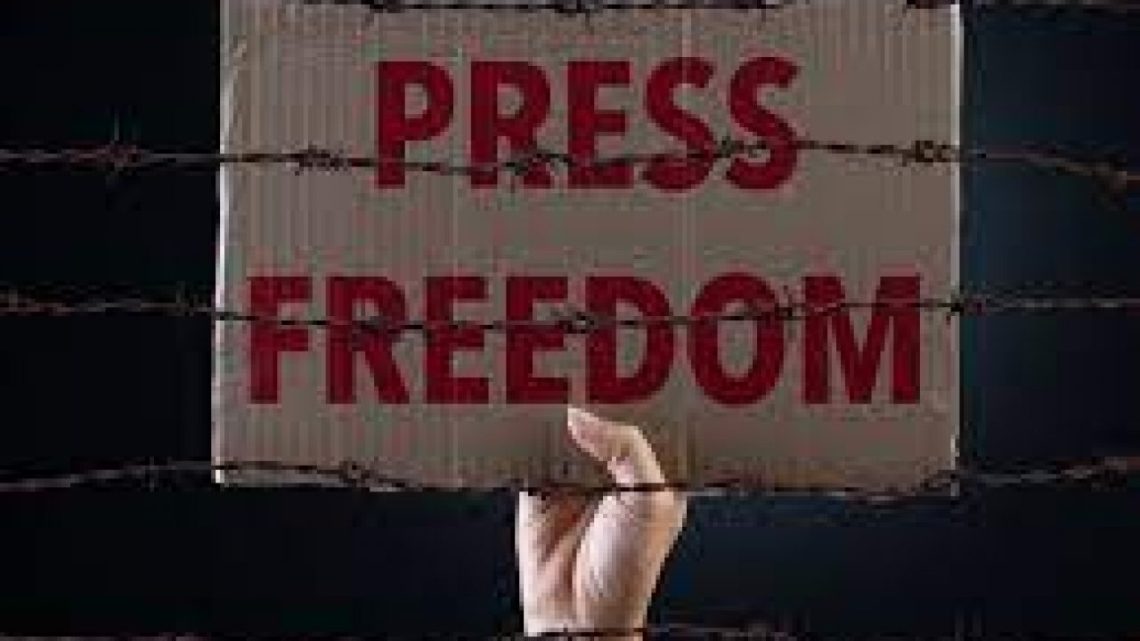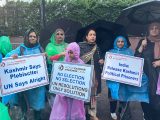
Press Censorship in IIOJK
September 26, 2024Press freedom in Indian illegally occupied Jammu and Kashmir (IIOJK) has rapidly deteriorated since the Modi-led BJP government revoked Article 370. This significant change has intensified existing restrictions.
Local journalists report increased pressure from Indian forces, which has led to a hostile environment for media professionals. Many colleagues have been imprisoned, and journalists often face demands to disclose their sources.
In addition to these pressures, reporters encounter travel restrictions that hinder their ability to cover events freely. Local journalists now spend more time evading scrutiny than conducting their work, which stifles independent reporting.
Experienced Kashmiri journalist Saeed Malik noted, “When something big happens in Kashmir, the Indian public is surprised.” He emphasized that the lack of access to unfolding events contributes to this ignorance, further illustrating the dire state of press freedom.
Malik also stated that the notion of press freedom in Kashmir has effectively been eradicated. He pointed out a concerning decline in newspaper readership, reflecting a broader disconnection from vital information.
The safety of journalists is a pressing concern, particularly following the arrest of naturalized journalists like Irfan Mehraj under strict anti-terrorism laws. A local reporter expressed, “If politicians can be sent to jail, and journalists can be arrested under harsh laws, what chance do we have?”
This climate of fear has profound implications for democracy and human rights in the region. Many fear that if current conditions persist, these fundamental ideals may erode further in IIOJK.
The situation reflects a troubling trend where media freedoms are compromised, affecting the public’s access to information. This lack of transparency can hinder meaningful discourse and diminish the accountability of authorities.
International observers have raised alarms about the implications of these developments. Without a free press, the potential for democratic engagement diminishes, leading to greater marginalization of the Kashmiri voice.
Local journalists are calling for solidarity and support from the global community to protect their rights. They argue that press freedom is essential for a functioning democracy and must be defended.
To conclude, the decline of press freedom in IIOJK is a critical issue that demands attention. As restrictions tighten, the ability of journalists to report independently is increasingly compromised, threatening the foundations of democracy and human rights in the region. The world must recognize and act upon these challenges to ensure that the voice of Kashmiris is not silenced.

